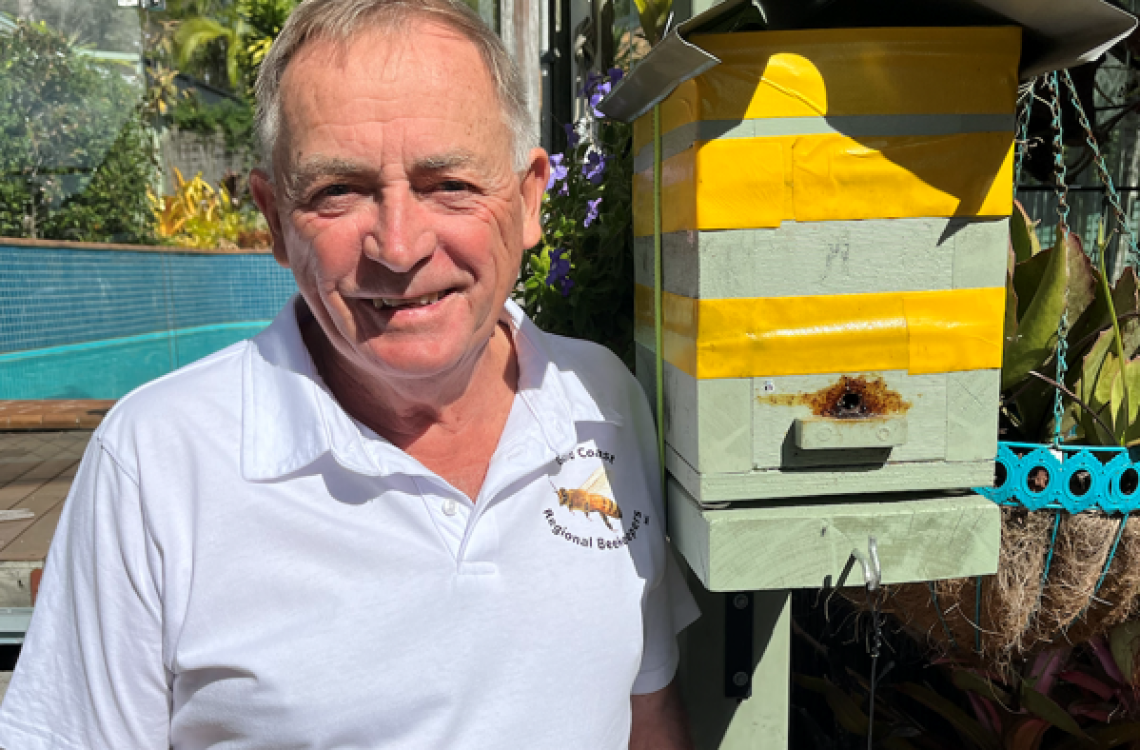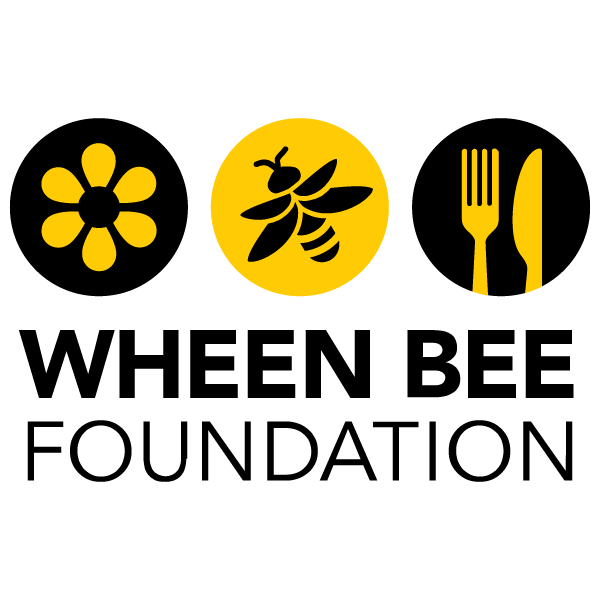News & Media

New native beehive fostering project launched on Gold Coast
- July 12, 2023
- | News & Media
The program has been designed to not only make members of the community aware of the plight that bees face in Australia and worldwide, but also give people an opportunity to do something about it by introducing hives of native bees into schools, parks, bushland, businesses and private gardens.
The Gold Coast Regional Beekeepers Association launched the Bee Native project to help to safeguard Australia’s native bee population, and in particular, reverse what it says is a rapidly declining native bee population in the local area, partly caused by increased housing development.
Drew Maywald is the Secretary of the Gold Coast Regional Beekeepers and is a passionate force behind the new initiative.
“I’ve been fascinated by native bees for quite a while,” Drew says. “I first saw their importance when I was gardening. Originally, I would be lucky to get six to eight pickings from my snow peas. After I introduced these little fellows into my garden, that went up to 18 pickings.”
This led Drew to the idea of fostering hives throughout the community, providing the resources and support for people to give more bees a safe space to grow in their area.
“We’re starting small,” Drew says. “We will have 22 or 23 hives ready in the spring and within two years we will have 50 hives out in the community – hopefully more than that.”
These hives, known as OATH Hives, are two-tiered wooden boxes measuring 28cm x 20cm x 22cm and are being used to help re-establish native bees back into the environment and ecosystems.
By splitting the hives as they become strong enough, and creating new colonies, the number of hives in the community will continue to grow over the coming years.
The native bees involved in the project are the small stingless native bee Tetragonula carbonaria. Because these bees do not sting, they are ideal for schools, private gardens and the community.
Community involvement is the key to the program’s success. Not only will the hand-made hives be watched over by the community but several businesses including Dulux, Stratco, Bunnings and the Veterans Support Group Men’s Shed, have made a significant contribution to the materials and construction of these hives.
Anyone interested in the project or in fostering a hive can email Drew at gcrb.secretary@beekeepers.asn.au

About the Tetragonula carbonaria
The Australian native bee Tetragonula carbonaria is endemic to the Gold Coast region and a 1500 km region stretching from the south coast of New South Wales to central Queensland.
Because these native bees are so small, they are wonderful pollinators as they can get deep inside flowers where honey bees are too large to go.
Several native bees laden with pollen can very often be seen in each flower, and more than 20 native bees have been seen in one sunflower.
These special bees work harmoniously with the Australian environment and are a vital, natural part of the continual health and vibrancy of our ecosystems.
– By Jane Money with the Gold Coast Regional Beekeepers Association
Share this post
The Latest Buzz newsletter
View our past newsletters and subscribe below.
Subscribe
Subscribe to our newsletter to keep informed about our important work. We’ll also keep you up-to-date with all the latest news, industry information and events.



